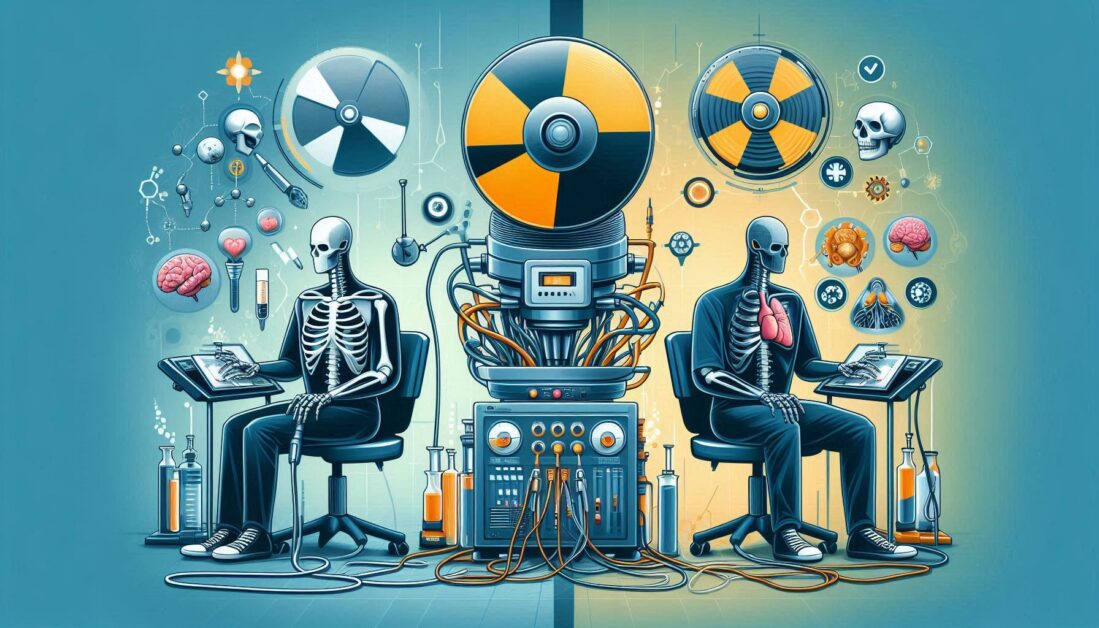The advancements in technology have transformed our lives, bringing convenience to our daily tasks and improving productivity. But some wonder if this ease is making us lazy. With smartphones, smart homes, and AI assistants simplifying everything from grocery shopping to socializing, is technology encouraging us to rely too heavily on digital solutions? This article explores how technology impacts our physical and mental habits, along with ways to stay active and mindful in an increasingly tech-driven world.
1. Physical Activity and Sedentary Lifestyles
One of the main criticisms of technology is its role in fostering sedentary lifestyles. Devices like TVs, computers, and smartphones can make it easy to stay inactive for long periods, especially as more people work and entertain themselves from home.
Key Points:
- Reduced Physical Movement: Working remotely and relying on digital platforms means we’re moving less. Activities that once required physical effort, like shopping or commuting, are now often done online.
- Increased Screen Time: Technology makes it tempting to stay connected all day, leading to extended periods of screen time that contribute to a sedentary lifestyle.
To counter this, many people are turning to wearable fitness trackers and health apps to monitor activity and stay motivated. While tech has contributed to inactivity, it’s also offering tools to promote fitness and health.
2. Mental Habits and Cognitive Dependency
The impact of technology goes beyond physical inactivity; it also affects mental habits. Relying on GPS for directions, auto-complete for messaging, or digital calendars for reminders can make us mentally dependent on devices rather than engaging our memory and cognitive skills.
Cognitive Effects:
- Memory and Attention: Studies suggest that constant exposure to digital notifications and multitasking on devices can impair our focus and memory over time. Reliance on technology for information retrieval can reduce our ability to recall information independently.
- Decision-Making: Algorithms, like recommendation systems for movies, shopping, or social media, subtly influence our choices, sometimes reducing our agency to explore new options.
While tech convenience may lessen mental exertion in some ways, taking “digital detoxes” or practicing mindfulness exercises can help maintain mental agility.
3. Productivity and Task Efficiency
Technology has undeniably increased productivity by automating repetitive tasks and simplifying workflows. However, over-reliance on automation and digital shortcuts may hinder our capacity to perform tasks independently.
Effects on Productivity:
- Overdependence on Tools: Relying solely on tech tools for organization and productivity may reduce problem-solving skills and manual task efficiency.
- Multitasking: While technology encourages multitasking, studies have shown it can lead to decreased productivity and efficiency compared to focusing on one task at a time.
Using technology wisely—balancing digital tools with personal effort—can prevent it from replacing essential skills and ensure we’re still developing and utilizing our abilities.
4. Balancing Technology with Healthy Habits
Despite these challenges, technology doesn’t have to make us lazy. By using it mindfully, we can take advantage of its benefits while maintaining healthy habits and personal responsibility.
How to Maintain Balance:
- Use Technology to Set Limits: Use apps to set screen time limits and reminders for breaks during work to maintain both mental and physical well-being.
- Leverage Fitness Tech: Fitness apps and wearable devices can encourage activity and track progress, making it easier to integrate movement into daily routines.
- Engage in Mindful Consumption: Choose content consciously, whether on social media, streaming services, or news outlets, to avoid passive consumption and engage with more enriching materials.
Technology can be an ally in staying active and sharp if used intentionally, helping us lead balanced lives even in a digital-first world.
Conclusion
While technology offers incredible convenience, its overuse can contribute to physical inactivity, cognitive dependency, and a loss of productivity. However, by practicing mindful consumption and taking advantage of tools that promote healthy habits, we can make technology work for us without sacrificing our well-being. The key lies in striking a balance that leverages the benefits of tech without allowing it to dictate our lifestyle.



